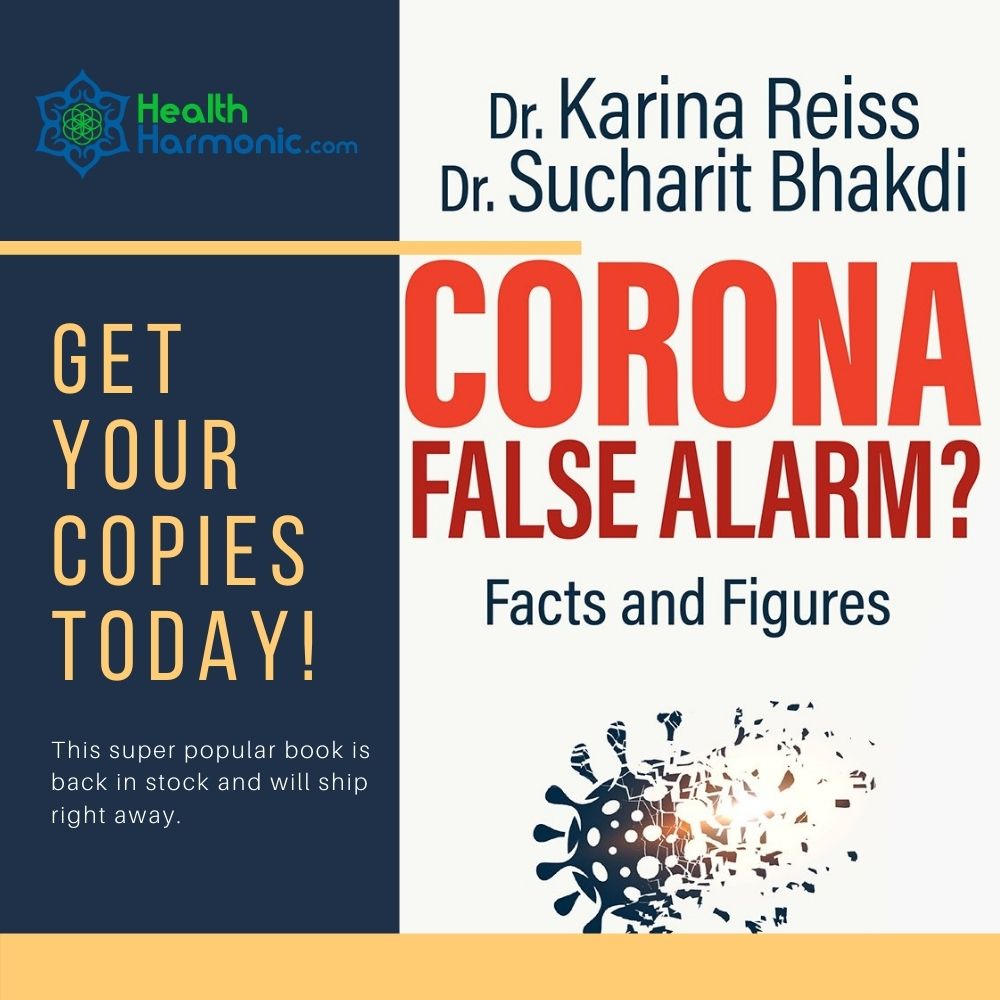
The pill might be the most popular type of contraceptives among women but it could also increase the risk of breast cancer by a staggering 60%. A new study found women who use Hormone Replacement Therapy are 2.7 times more likely to develop breast cancer than those who did not take the same treatment.

Scientists previously thought the pill increases the risk of breast cancer by 1.7 times. The same study found that the cancer risk gets higher the longer a person receives HRT.
Health experts warned women who take HRT to lower the dose or stop taking them as soon as possible. Scientists found that the cancer risk of HRT stops gradually as soon as patients wean themselves off the treatment.
Scientists at the Institute of Cancer Research in London say the risks of taking the pills have been underestimated for years – and are actually 60 percent higher than thought.
The findings, based on a study of 39,000 British women tracked as they went through the menopause, will re-ignite a 20-year-old debate about the benefits and risks of taking a common form of Hormone Replacement Therapy (HRT).
The research found women who took the combined form of HRT – which contains both oestrogen and progestogen – were 2.7 times more likely to develop breast cancer over five years than those who did not take the treatment.
Previously, scientists thought the pills or gels only increased the risk by 1.7 times.
In 2002, a large trial showed conclusively that HRT did not reduce cardiovascular disease, and increased the risk of breast cancer. Yet ghostwritten articles published after this date downplayed the 2002 study, suggesting that there was no consensus on Prempro’s breast cancer risk.
The criticism of ghostwriting is one of several issues that have put scientific journals on the defensive. Even journal editors acknowledge they have sometimes done a poor job of detecting when articles cherry-pick favorable data to promote a particular drug or treatment. Some health insurers have stopped taking what they read in the journals on faith and are employing analysts to scrutinize articles for negative data that are buried.
Menopause, which commonly strikes women in their late 40s and early 50s, can cause depression, hot flushes, headaches and night sweats. Long term, it can also cause bone disease and memory loss.
Many women assume that “natural” hormones would be better or safer — but the term “natural” is open to interpretation.
HRT tackles symptoms by replacing the female sex hormones – oestrogen and progestogen – as the body stops producing them.
It raises the risk of cancer, meaning a number will develop the disease who would otherwise not have.
Image courtesy of: gurleenlaicha05






